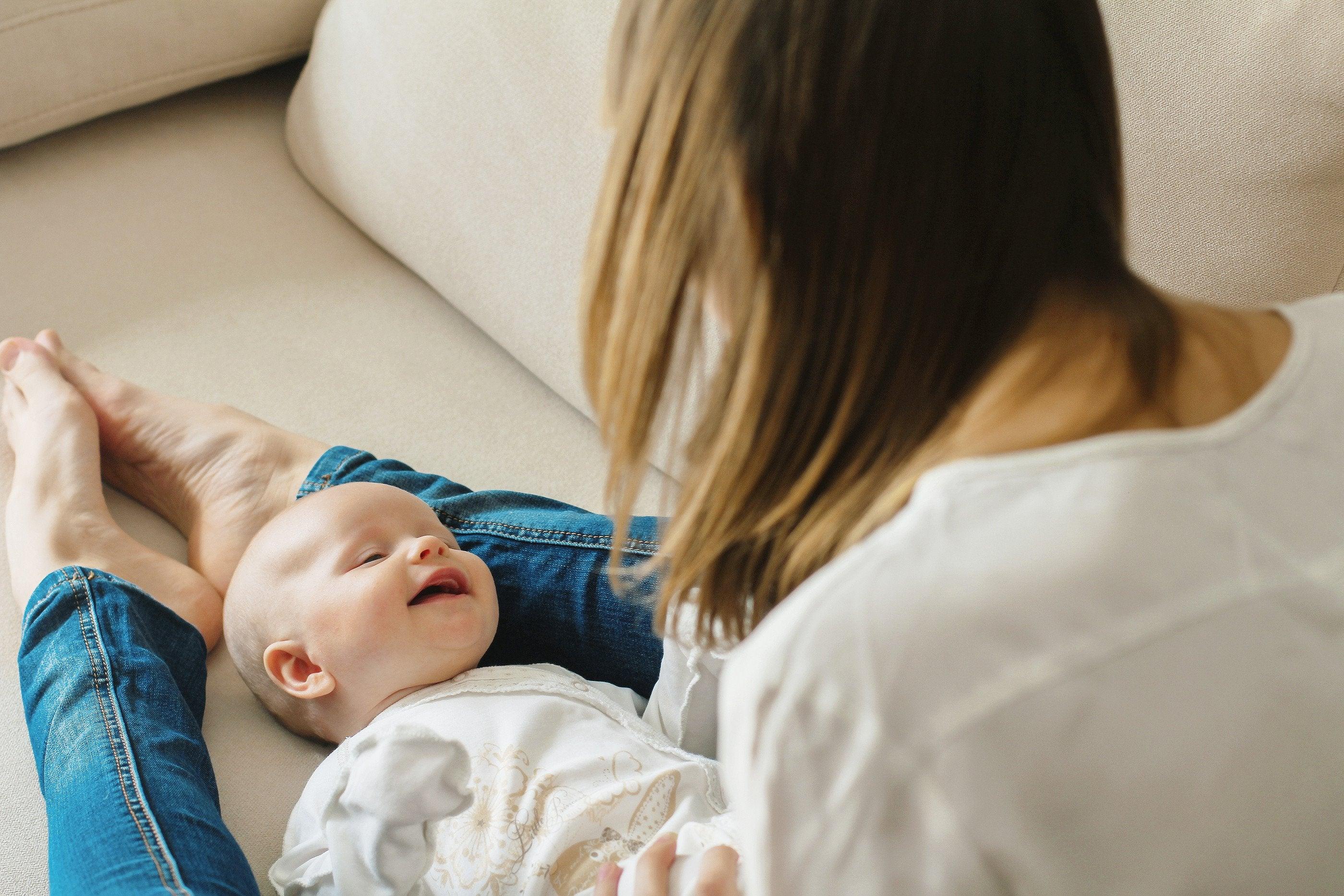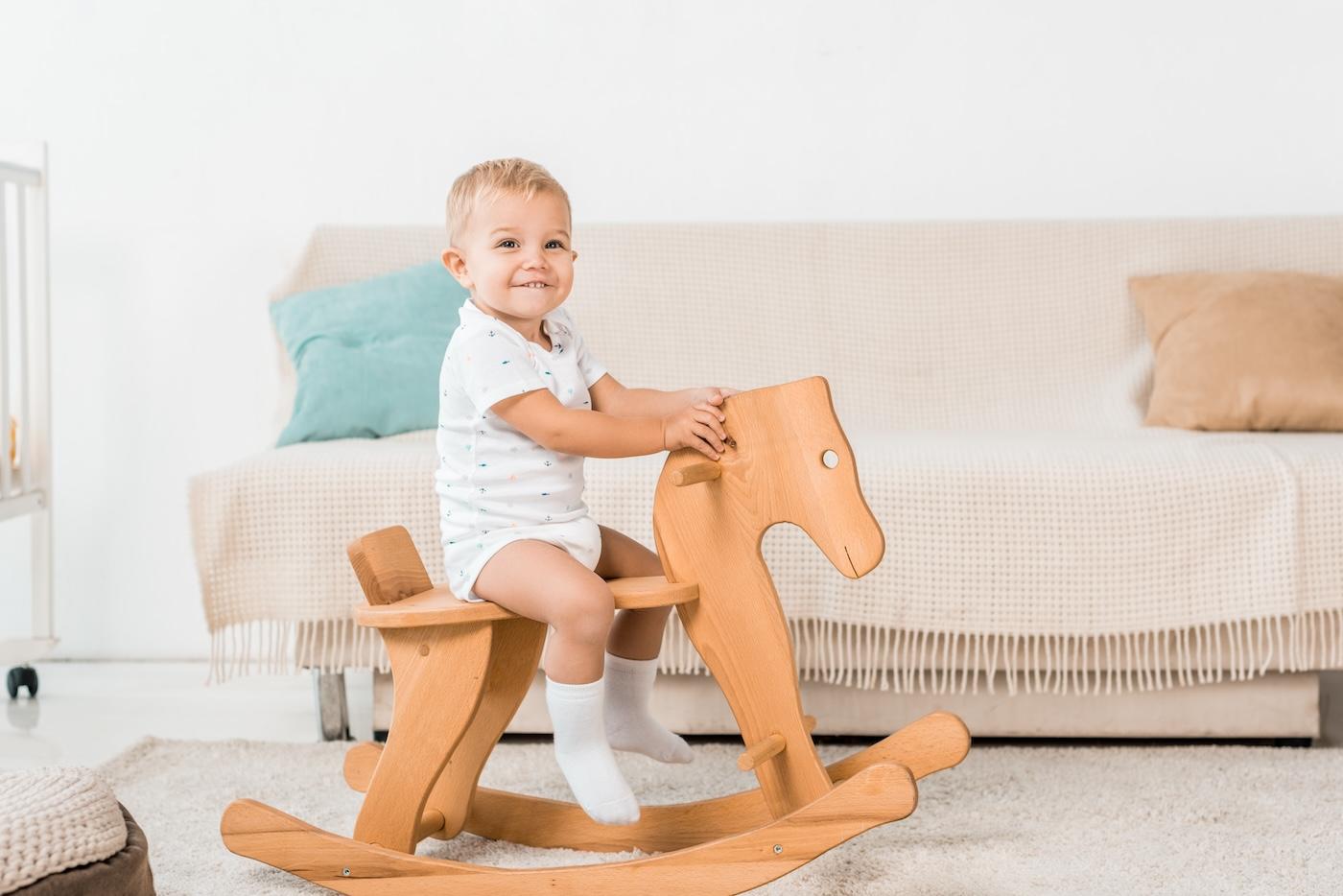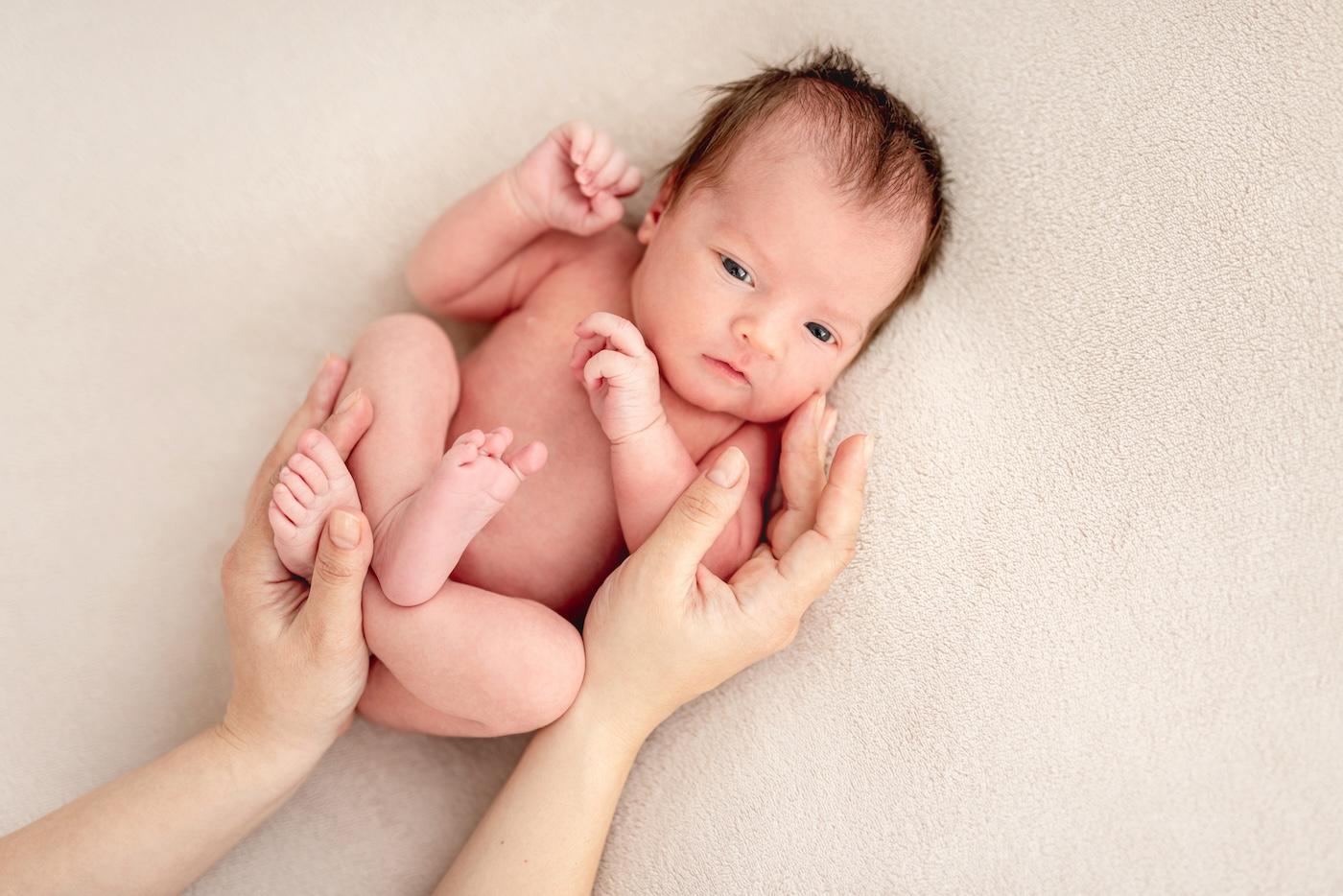BABY
The 9 Best Germ ‘Hacks’ for Protecting Your Baby
Be a germ fighting champion for your new baby!

Written by
Dr. Harvey Karp

Babies and Germs
Do not be sheepish about being a germ-fighting champion for your new baby! Because, if you do not defend your baby…who will?
About Your Newborn’s Immune System
Babies are like a fortress with few soldiers inside…infections are kept on their skin and the lining of their mouth and nose. And, breast milk gives babies a wonderful supply of infection-fighting white blood cells that literally coat the intestines (and even swim over to the lungs to vigilantly police against invasion).
However, once the mean germs get inside a young baby’s body (especially in the first 4 months of life), they can take over and cause illnesses that are very inconvenient—awakening all night because of a stuffy nose—or downright serious…even life threatening. That is why it is so important to give babies vaccines during the very vulnerable first months.
(Interestingly, once your baby reaches 4-6 months of age, her immune system is much stronger, and some exposure to germs will actually help build her immune system.)
Here are a few ultra-practical tips to keep those germs away from your precious, new little human.
1. Just Say No…to Visitors…
Limit guests to close friends and family. And, only let the ones in who will be low maintenance and highly helpful. As a new parent, you want to be polite, but not overly polite. In other words, defending your baby’s health is more important than defending the feelings of your friends.
2. …And Especially Limit Child Visitors!
Keep children out of your house as much as possible (they carry more colds). If you have a toddler, wash their hands and faces right when they get home, and change them into clean clothing to keep the germs in check.
3. Speaking of Clean Clothing…
Make everyone throw on a clean shirt, pronto! Put a sign on your front door telling all visitors to immediately wash their hands and slip on an oversized t-shirt—keep a stack of clean ones by your front door—before they hug you and glom you up with their germs. The sign will save you a lot of energy when it comes to communicating your new ‘“house rules.’”
How long do cold germs live on clothes?
Most cold and flu viruses can live 8-12 hours on porous surfaces like clothing. Remember that sick person that sneezed on you during your bus ride in the morning? Chances are those germs will stay with you the entire day, up to the point where you get home to hold your little one.
4. Breastfeed If You Can
Colostrum, which is what comes in the first few days before the milk comes in, is filled with antibodies and white blood cells that carry the mum’s immunity and literally coat the baby’s intestine and keep bad bacteria out of her body. (And, if your baby gets a cold, ask your healthcare provider about pumping out a drop or two of your milk—into a dropper—and putting it right into your baby’s nose to help fight off a cold. Breast milk is packed with antibodies, white blood cells, enzymes and all sorts of other factors that boost a baby’s immune system. And finally, to make a long story short, breast milk essentially gives your baby probiotics, the good bacteria that helps keep us healthy!)
5. Wash Your Hands—A Lot!
This really works, especially when you return home from public places. Regular soap is fine. (Do not use antibacterial soaps. They contain harsh chemicals.)
6. The Importance of Scrubbing—and Rubbing
Germs are like cooked rice: To remove them from your skin, you have to rub them off. That means running soapy hands under the faucet is not enough, you will have to vigorously rub your hands together to get rid of germs. So, if you ever cannot wash before holding your baby, rub your hands on your pants to reduce the germ transfer.
7. When You Go Out, Keep Your Hands to Yourself!
Many parents do not understand that you catch most colds from touching things and then transferring the germs to your eyes, nose and mouth. Germs are spread by contact, not simply sharing the same air (though if someone sneezes or coughs near you, that is another story, as germs can travel via droplets). So, you do not have to be a total hermit with your baby. You can take her outside the home.
Here is how to think about it: Your baby will not get sick because you went to the pub, but she may get sick because you opened the door to the pub…and then brushed your hand on her face. Cold and flu germs can live up to 2 days on non porous surfaces like door handles. So be mindful of what you touch and…WASH. THOSE. HANDS!
8. Immunize Your Baby—and His Inner Circle
We are incredibly blessed to no longer have tens of thousands of our babies dying from measles and meningitis, or crippled from polio. To fully protect your baby, make sure he starts his vaccines by 2 months of age. And please understand that some illnesses like whooping cough and influenza are especially dangerous in the first months of life. That is why it is crucial that all family members and caregivers are immunized…you want to create a ‘“cocoon’” of protection for that time before your infant can get his shots.
9. Do Not Travel If You Do Not Have To
It can be incredibly stressful if your baby gets sick and you cannot get to your trusted paediatrician or healthcare provider. Save yourself this problem and stay close to home.
Final Thoughts: Newborns and Germs
Keep in mind, you do not have to live in a germ-free world forever… just for the first 3-4 months. In fact, I am a fan of the 5-second rule for older babies. If you are too hygienic, it can lead to more allergies. It is also smart to take your baby to visit a farm sometime in the first year of life, a practice which has shown to decrease the development of allergies. And, babies are known to have a blast listening to the animals neigh, cluck and moo!
Disclaimer: The information on our site is NOT medical advice for any specific person or condition. It is only meant as general information. If you have any medical questions and concerns about your child or yourself, please contact your health provider. Breastmilk is the best source of nutrition for babies. It is important that, in preparation for and during breastfeeding, mothers eat a healthy, balanced diet. Combined breast- and bottle-feeding in the first weeks of life may reduce the supply of a mother's breastmilk and reversing the decision not to breastfeed is difficult. If you do decide to use infant formula, you should follow instructions carefully.
SHARE THIS ARTICLE
PARENT PICKS
Bestsellers



















